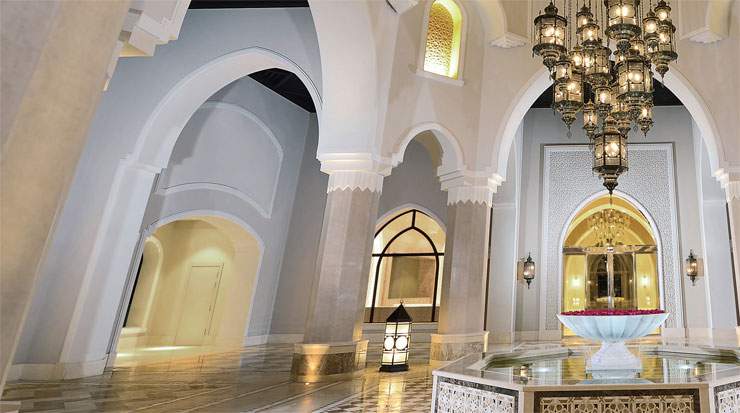In light of the challenges that Egypt’s tourism industry faced in 2016, the sector’s authorities and stakeholders have doubled their efforts in the search for solutions, building the confidence of influencers and independent travellers to return to the destination.
One of the main frameworks for guiding the tourism’s way ahead is the Egypt Ministry of Tourism’s 6x6 Tourism Impact Plan, this year has observed real results in a few of its main pillars of focus.
This includes improved air connectivity thanks to resumed services to the destination by international airlines as well as expanded route networks of domestic and regional carriers.
To mention a few developments, Air Cairo has recently launched a new itinerary from Sharm El Sheikh to Copenhagen along with strengthening its links to Prague.
Furthermore, Swiss leisure airline Edelweiss Air is set to increase the number of services to Egypt, including the relaunch of its schedule to Marsa Alam during the winter season while at the same time EgyptAir’s Asian presence will be reinforced by a new itinerary to Japan.
In addition, the latest codeshare partnerships of EgyptAir with Etihad Airways and Kenya Airways along with Royal Wings’ service between Aqaba and Cairo are also expected to boost the regional and international links, thus opening the destination to more flyers.
Last but not least, according to Colliers International’s (CI) report Egypt Quarterly Review Q1 2017, Cairo is expected to appeal to multiple businesses and travellers on the back of the new airport project in 6th of October city.
Underlining the crucial role of air connectivity as the main factor influencing guest arrivals, Sameh Mohie, sales director, SUNRISE Resorts & Cruises, disclosed, “The first quarter [of this year] brought good business to Sharm El Sheikh due to direct flights from the source markets, especially Jordan and Lebanon […].” He further pinpointed that although arrivals to Hurghada resorts slightly increased during the Easter period, the current lack of direct flights still represents a challenge in bringing more travellers to the location.
In order to reverse the situation, Arab Tourism Organisation named the Red Sea resort as this year’s capital of Arab summer holiday destinations, aiming to encourage higher influx of visitors with a rich event's programme.
Furthermore, in the first quarter of this year (Q1), Egypt saw multiple hospitality investments, showing positive movements in other focus areas of the governmental plan, with new hotel openings and initiated development projects.
Among others, the country welcomed Deutsche Hospitality’s 100th global property in Cairo, The Steigenberger Hotel El Tahrir, while AccorHotels signed a management agreement for Fairmont Pyramids Hotel & Residences set to open in 2022 in the 6th of October city. Furthermore the long-awaited Mall of Egypt was also successfully inaugurated.
Adding to the bucket of new hospitality openings in the months to come, Areej Mohieldin, regional director, communications and public relations, Steigenberger Hotels & Resorts, unveiled, “We are opening a luxurious five-star hotel Steigenberger Al Cazar in Sharm El Sheikh, which caters [among others], for Middle Eastern guests.
This extravagant family resort offers uniqueness in all senses, 610 lush rooms, suites and villas including 243 family designed ones featuring elegant yet extremely comfortable surroundings, 90 swim-up rooms and five suites with private pools.”
Although the achievement of the ambitious tourism revival goals hinges on many diplomatic and political factors which are beyond the control of hoteliers and travel services providers, Ahmed Sabry, general manager, Radisson BLU Hotel, Cairo Heliopolis, exemplified on positive developments in welcoming returned German guests following the lift of the travel restrictions.
He revealed, “This [waved travel ban] is why our Red Sea resorts are currently enjoying a 50 – 60 percent occupancy from the German market.”









